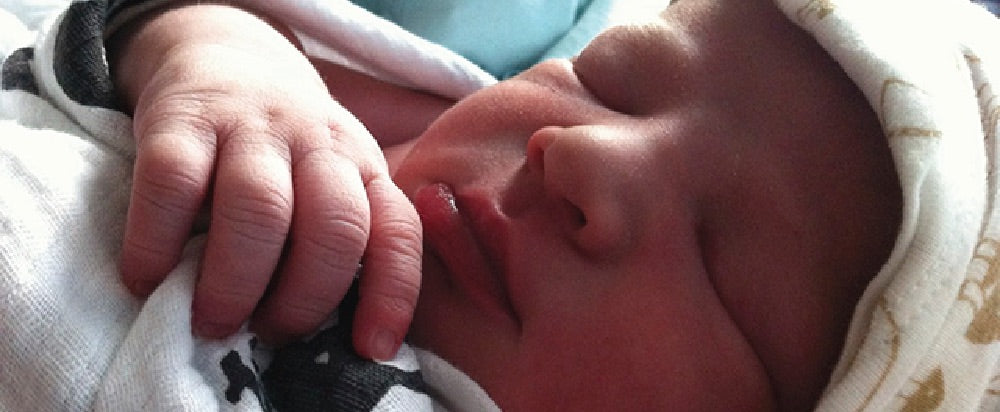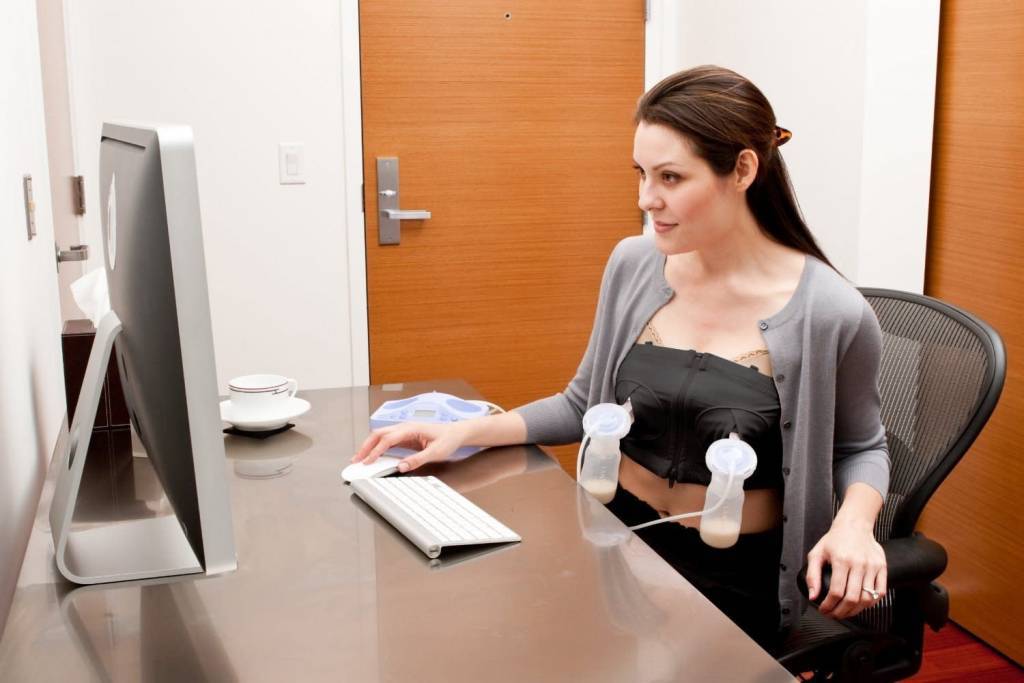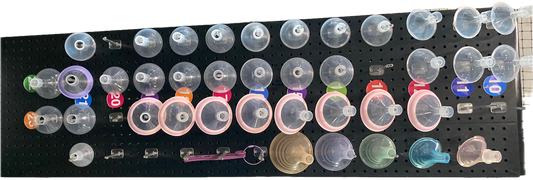
Why “self-soothing” is a bad idea
Share
There is a belief that babies should be independent and be able to self soothe.
Parents are instructed to leave their baby alone in a crib. If the baby protests and cries. Parents should let them cry for a magic number of minutes, depending on the book or program you purchased. Parents are told that if they pursue this particular practice and never give in to their babies cry for help, their baby will magically learn to calm down and go to sleep.
This kind of self soothing is a very bad description of a vital survival skill.
Long ago in the time of the sabertooth tiger, we developed a survival tool -- the “fight, flight, freeze and fawn” responses.
And we still use them today. Briefly, when faced with danger, humans get a burst of adrenaline and cortisol that switches off less important body functions like digestion or lactation, and prepares them to fight an attacker, or flee dangerous situations with superhuman amounts of strength and energy.
But just in case this doesn't work, we also developed a couple of back-up responses.
We learned how to freeze.
The “freeze” response shuts down the whole body so as to appear dead. This is an attempt to become less visible, or to fool a predator into thinking that the victim is inedible, because they are already dead. It may also serve to make the victim numb in the event they are eaten.
And, we learned how to fawn.
The “fawn” response occurs when we have survived and are being held in captivity. In order to continue surviving, we become clingy and cute. We defer to our captors and do anything they ask, so that we can keep living.
Also, way back when, mothers carried her baby all the time.
Humans did not always live in relatively safe shelters like houses and apartments. Because babies are helpless for quite a period of time and dependent on their parents for food, safety and protection, if you set your baby down and walked away, there was a good chance your baby would not be there when you got back.
So families kept babies close and responded to their signals quickly so as not to attract the attention of predators looking for an easy meal.
Baby has a need--mom responds--need is met--baby survives.
So first, a baby coos or whimper, if there is no response, they cry. Mothers are wired to respond to their baby’s cry. You probably can’t stand to hear your baby cry and that’s how it's supposed to be. Babies also have no sense of time. When a baby is separated from his mother, he can’t know she is coming back “in just a minute”.
If mother doesn’t respond, baby gets scared.
Feeling scared activates an adrenaline and cortisol and escalates baby's response. Then they cry louder and harder. They are prepared to fight or flee, if they can, but they are incapable of fighting or running without his mom.
Baby is certain mom is gone, because if she was near, she would have responded to their cries.
When a baby reaches a certain level of stress, they give up.
They go into the freeze response. By dramatically lowering their heartrate, breathing and digestion, they conserve energy, appear dead to predators and have a greater chance of surviving.
The freeze response is mistakenly called “self soothing.”
When parents ignore their baby, what baby hears is this: “I am ignoring your needs.” and “Stop asking for help.” And many babies do just this.
Some babies don’t give up. They continue the fight response.
You may know a baby that will not stop crying if left alone. He eventually teaches you to respond to his needs because they are just that: Needs. A baby might not be hungry, but the need for survival and protection is hardwired and requires mother to stay close.
Whatever the underlying need, he relies on you until he can think and act for himself and meet his own needs. When baby is old enough to understand that they are safe, only then, can he ‘self soothe’.
Humans are hardwired to connect with other humans.
Maybe you can remember a time as an adult when you were in pain, scared or lonely. Maybe you were even frustrated, tired or hungry. Maybe just bored. If you were alone, how did you sort it out? Were you able to self soothe? Or did you handle it in some other way, maybe eat chocolate, watch TV, smoke a joint or have a glass of wine?
A healthy way to deal with pain is to receive empathy through connection with other humans. This is why support groups and therapy work. If you have a healthy relationship with your parents, it's because they offer empathy when you are frustrated.
You can't undo what is hardwired.
One of the traps new parents fall into is thinking they have to teach their baby to self-soothe. Infants are too young to consciously self-soothe. You probably know some babies who do “self-soothe” and you may wonder why your baby does or does not.
When a baby does sleep independently, it's because they are easy-going and trusting by nature. If a baby does not, holding them and responding promptly to their needs will build that trust and feeling of safety. It may take a few years before they are comfortable sleeping alone, but you can trust that the time will come when your child feels safe enough.








